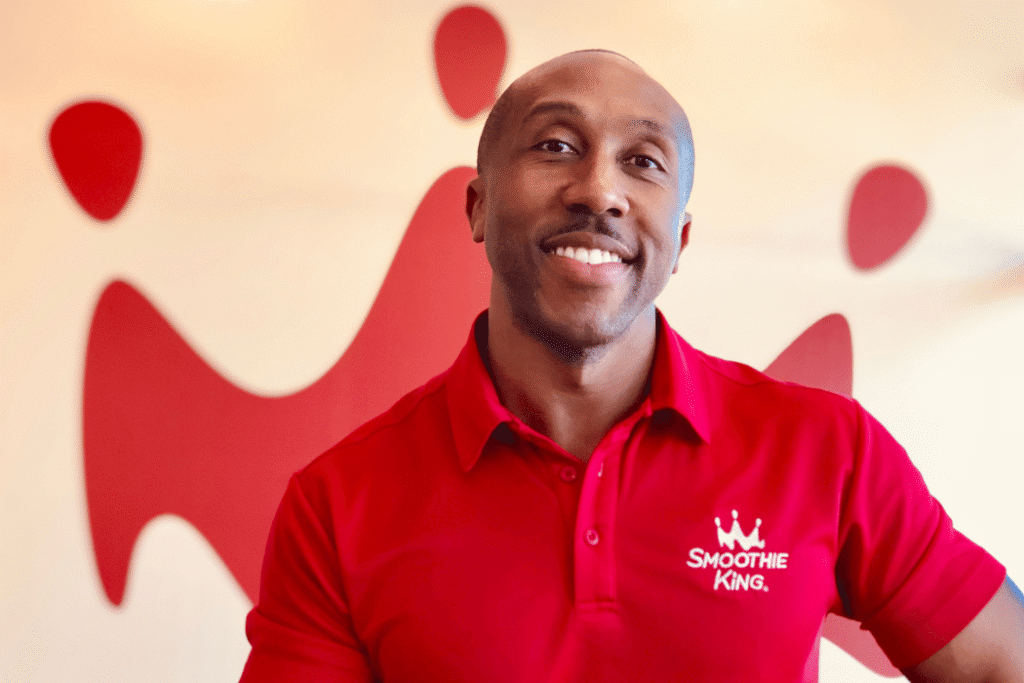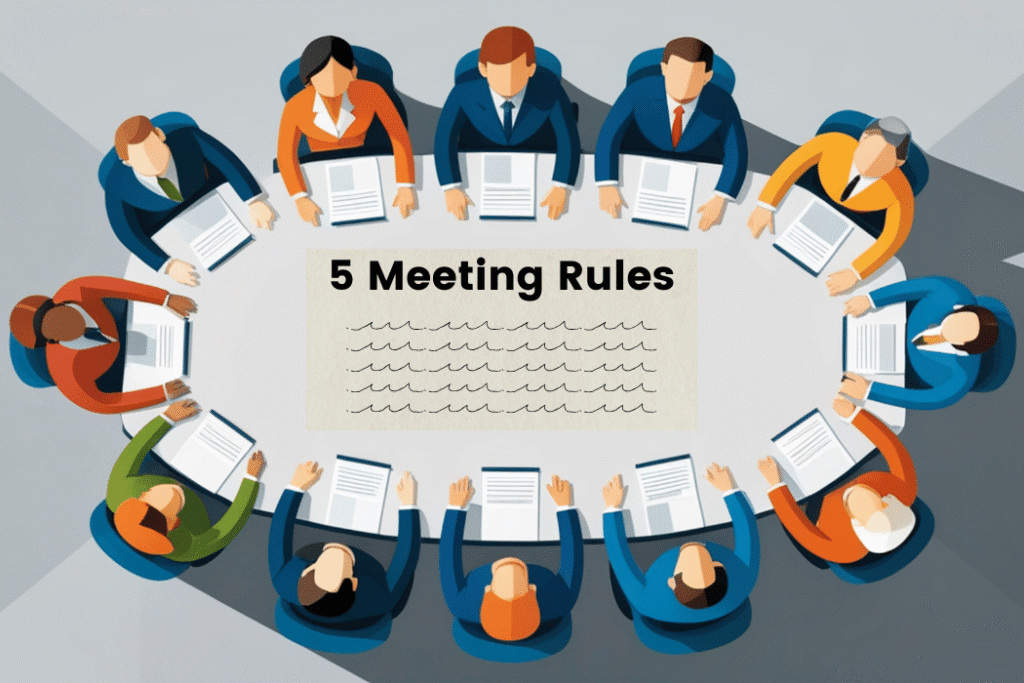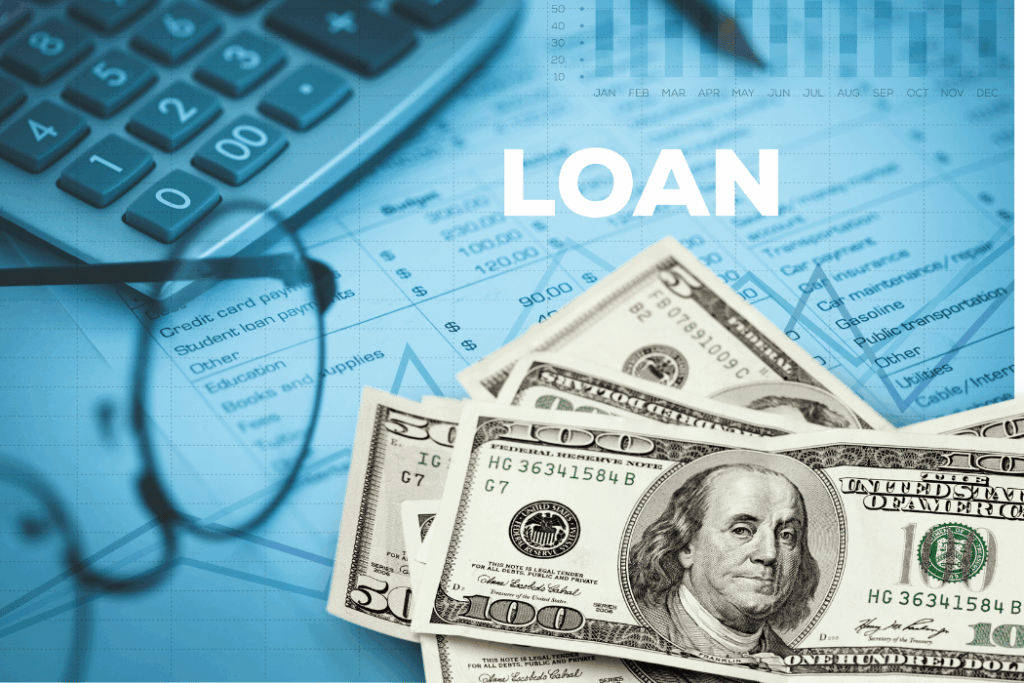BCH’s AMEN Corner – Affluent Minority Entrepreneur News
Experts recommend having at least 12 months of living expenses in an emergency fund. A health crisis, home repair, natural disaster or death can dramatically impact these funds. September is National Preparedness Month and financial preparedness is a critical component to help you weather any storm. Read on for best practices to build an emergency fund to respond to the unexpected.
Did you know that most Americans (business owners and the like) are one crisis away from wiping out their entire life savings? We don’t know when we may be hit with a recession, industry slowdown, government shutdown, layoff, health issue or unexpected home repair that will impact our savings. If we don’t have emergency funds available then we have to go into debt with a personal loan, use a credit card with a high fee or interest rate, tap into the equity in your home, or take a loan against your workplace retirement plan. Most don’t realize that the emergency fund is the glue that holds all of your finances and wealth building goals together!
Because we’ve seen this scenario too many times, it bears reiterating that your war chest is also in place to help you navigate through financial interruptions! It is imperative that everyone in your household understands that in the unfortunate event of one or both spouses lose their business, jobs, or have to take a pay cut—there is a war chest in place to keep you afloat. Talk about peace of mind! We recommend that individuals establish an emergency fund to reach the following levels:
- 24 months of personal living expenses if you are the business owner and sole income provider
- 24 months of personal living expenses if you and your spouse are business owners (same or separate companies in the same industry)
- 18 months of personal living expenses if you and your spouse are business owners in different industries or sectors
You want to have these funds available in a savings or money market account to access immediately if needed. Choose an account that doesn’t charge a monthly fee. When a crisis comes, you will be prepared and to respond with confidence and expedience. It’s vitally important to create the good habit of saving a portion of each paycheck. Think of it like this: as CEO of your household, pay yourself first. Set-up direct deposit to be automatically deducted from your paycheck and go directly into an emergency fund. That way, it’s painless and you never see it so you don’t miss it.
If you have cash available, then you may be tempted to spend it on something else rather than save it. We recommend saving 10% of your gross pay from each paycheck. You can start smaller and build up to 10 percent or even 20 percent but just get started. For clarity, the funds need to be liquid (cash) and not mixed in the same pot as your monthly expenses. That’s an entirely separate bucket of money. Keeping the funds liquid means that you don’t have to cash out a certificate of deposit (CD), stock, mutual fund, index fund or any other investment. Cashing out these types of funds may cost money and it may take too long to get cash depending on the urgency of the situation. Keep it liquid, keep it accessible and keep it quick!
If you receive a sudden one-time windfall, inheritance or bonus, put a portion into your savings/money market account. If you receive a tax refund, then put a portion into your emergency fund. You may also want to adjust your withholdings to take home a bigger paycheck during the year and put some of those “extra” dollars into your emergency fund. If you owe taxes at year-end—no worries, you’ll have plenty available in your emergency fund to cover it.
The financial play is to use the extra funds to tackle debt, emergency funds and investments during the year; otherwise, you will pay more interest and lose out on market gains. Lastly, if you receive a raise, don’t increase your lifestyle, put the extra funds in your savings account! It doesn’t matter how much you start with. The most important thing is that you start saving for an emergency fund and build that war chest before you need it.
Last month, we asked a two-part question, “Do You Currently Have a Line of Credit? with 32 percent responding “Yes” and 68 percent saying “No” and “Have You Used it in the Last Year?” with 15 percent responding “Yes” and 85 percent saying “No.”
We invite you to take part in this month’s poll. “How Many Months of Emergency Funds To You Currently Have?” Scan the QR code with your mobile device or click on the link below to participate. The results will be revealed in the next column. See you next month!
https://www.surveymonkey.com/r/YQLRN2F














